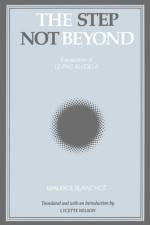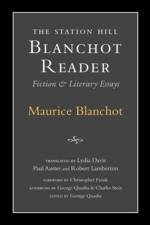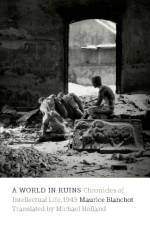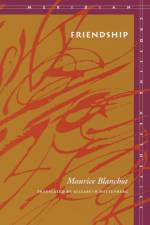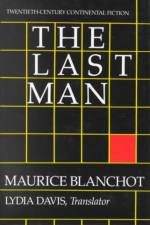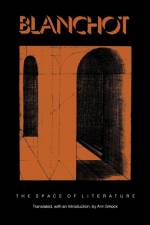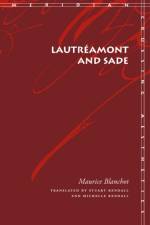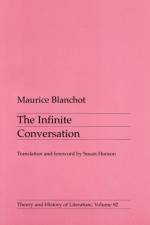- Essays and Fiction
av Maurice Blanchot
407
This new reader from Station Hill (Blanchot's longtime publisher in the United States) is six books in one, and the first and only collection of Maurice Blanchot's celebrated fiction and critical/philosophical writing. Regarded both on the European continent and in America as one of the truly great authors of French Post-Modernism, Blanchot's reputation and readership in English has already established him as a modern classic. THE BLANCHOT READER brings together a substantial collection of critical and philosophical writings (The Gaze of Orpheus) and the only edition in print in English of his major works of fiction (Thomas the Obscure, Death Sentence, Vicious Circles, The Madness of the Day, When the Time Comes and The One Who Was Standing Apart From Me). General readers and students alike will seek out these essential works by the writer Susan Sontag referred to as "an unimpeachably major voice in modern French literature." Maurice Blanchot is now recognized as a major twentieth century philosopher whose influence extends to the works of Derrida, Foucault, Levinas, Lacan and others. Blanchot's philosophical works explore issues concerning the problematic acts of speech and writing, death and questions of political right-concerns that also shape his fiction. Blanchot's fiction draws the reader in by upsetting expectations, we are confronted by characters who are in situations they don't completely understand. The settings are mysterious, almost surreal. As we read further into the story, hoping for greater clarity - why is this character here? Where did he come from?, etc. - meaning and resolution are constantly deferred. The lack of closure in Blanchot's fiction gives it at an odd kind of suspense and his spare but poetic language contributes to creating a very distinct atmosphere. Within and outside of these philosophical struggles there is the German occupation of France, and Auschwitz. The presence of an arbitrary or absurdist power and the spectre of death hover. Blanchot never concludes his exploration of the these issues, they remain indeterminate, but writing continues, despite its seeming impossibility. "Maurice Blanchot's work is an invitation to the reader to join him on those severe and icy slopes of consciousness, to experience what it means to be both fully dead - utterly separated from the world, "a shadow on the sun" - and fully alive. It is an amazing, exhilarating, appalling experience. Station Hill Press should be congratulated for its courage in bringing forth this important but obviously not very commercial enterprise. Blanchot's work is, as he says, "a force for transformation and creation, made to create enigmas rather than to elucidate them." For the first time, we are able to see it with some clarity." - Seminary Co-op Bookstore

